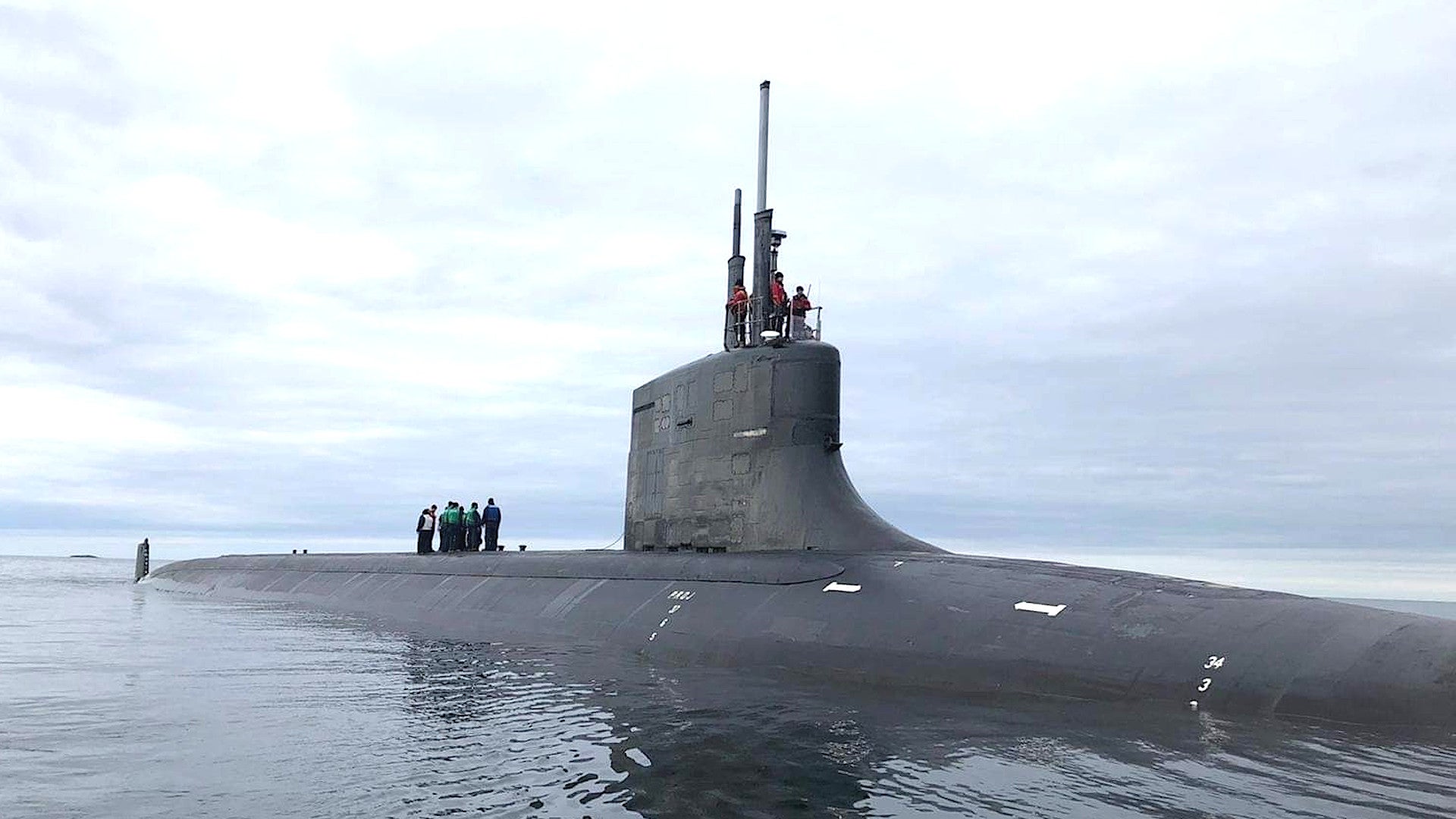The U.S. Navy has released a number of pictures of the first-in-class USS Seawolf surfaced in a fjord near Tromsø, Norway last week. The service is typically very tight-lipped about submarine operations, in general, and even more so about its three highly advanced and secretive Seawolf class boats, which are known to be heavily involved in specialized intelligence activities, among other missions. This very rare public appearance in Scandinavia would seem to be intended, at least in part, to send a message to the Russian government about American underwater capabilities in the region.
The Navy first announced that Seawolf had visited Norway and was otherwise operating in that region on Aug. 21, 2020, which was itself an unusual public disclosure. The pictures of the submarine making what was described only as “a brief stop for personnel” appeared online on Aug. 25. It is very uncommon to see official photographs of this submarine, or the others in its class, outside of exercises or its homeport at Naval Base Kitsap in Washington State. Defense journalist Chris Cavas, who follows naval issues closely, noted on Twitter that this also appears to be the first time the Navy has released photos of Seawolf anywhere, in any context in five years.
“USS Seawolf’s deployment from Bangor, Washington, to the U.S. 6th Fleet demonstrates the Submarine Force’s global reach and commitment to provide persistent and clandestine undersea forces worldwide to execute our unique missions with unrivaled readiness,” Navy Vice Admiral Daryl Caudle, the service’s top submarine officer, said in a statement. “Our undersea warriors are the best in the world in submarine warfare and are equipped with unmatched capabilities designed to enhance our Navy and multiply the Joint Force’s effectiveness in competition and conflict.”
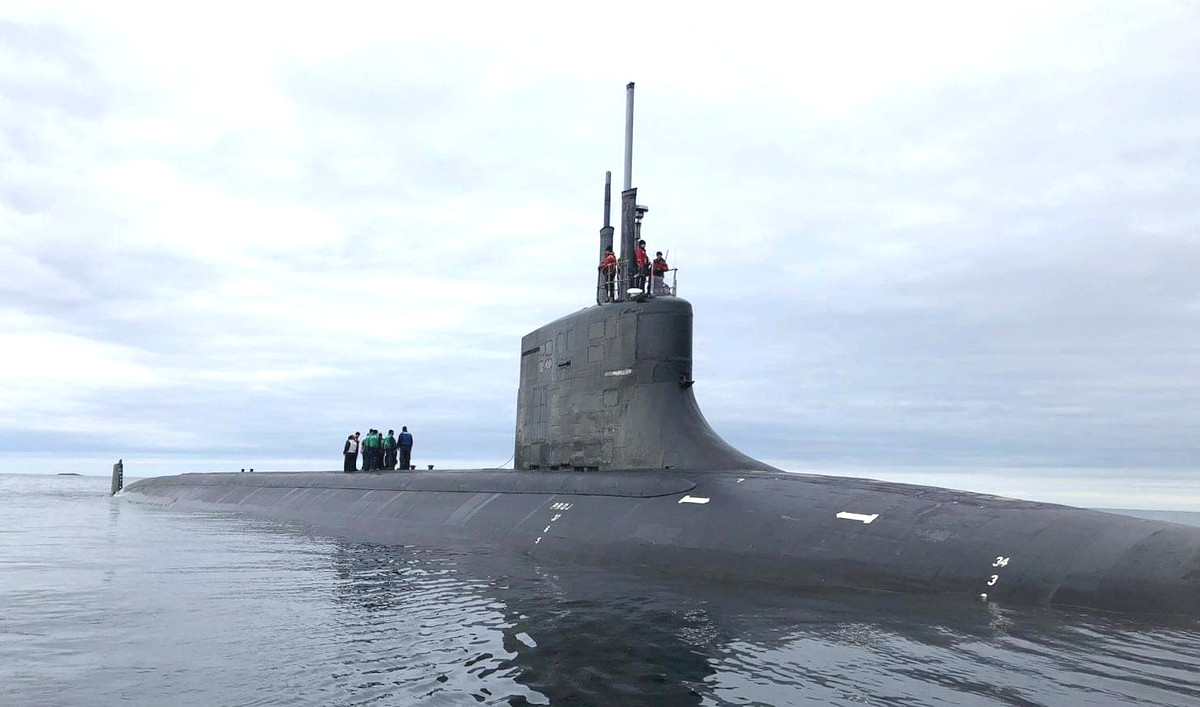
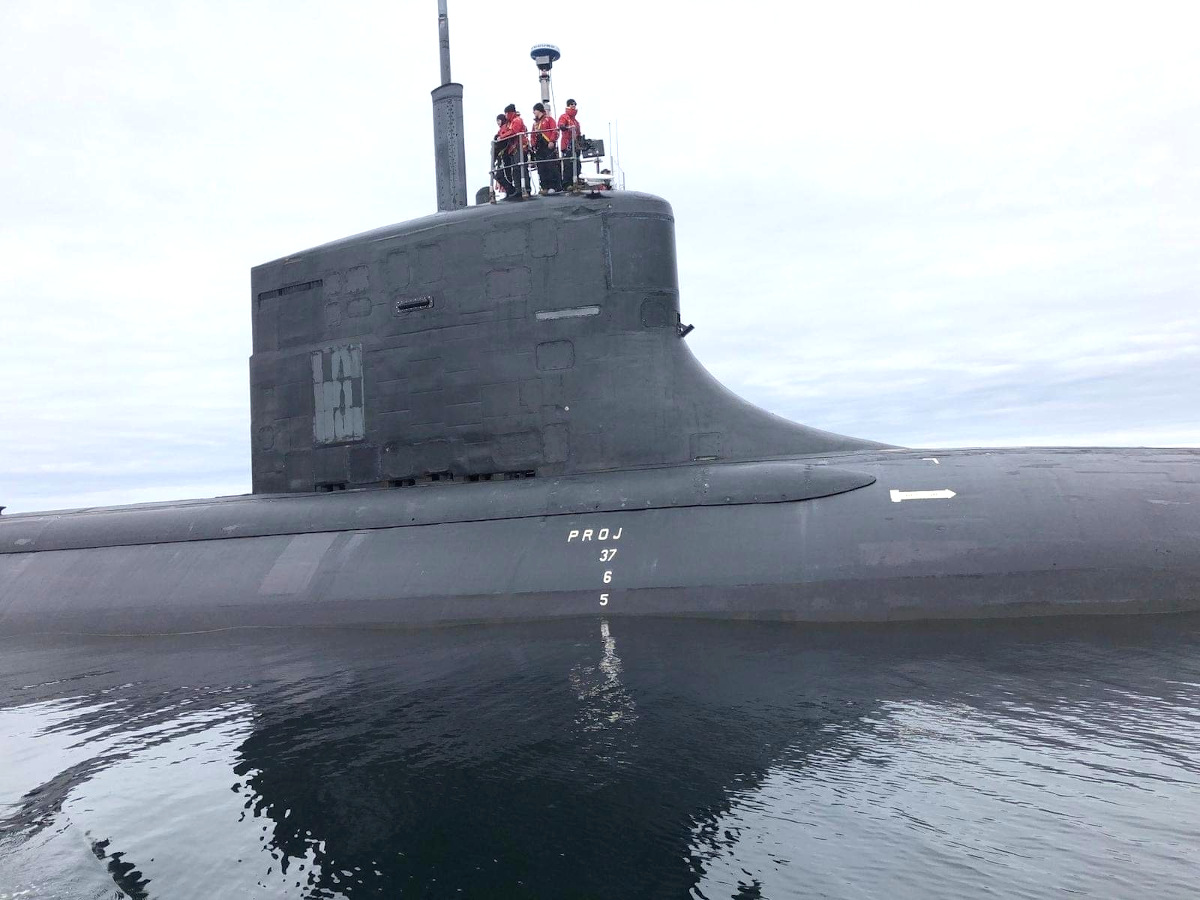
“The arrival of Seawolf compliments our already robust undersea warfare capabilities and demonstrates our continued commitment to providing maritime security and deterrence throughout the region,” Navy Rear Admiral Anthony Carullo, head of Submarine Group Eight, added. Carullo is also the commander of Task Force 69, U.S. 6th Fleet’s standing undersea warfare task force, to which Seawolf is presently assigned. U.S. 6th Fleet is responsible for overseeing all Navy activities in and around Europe and Africa.
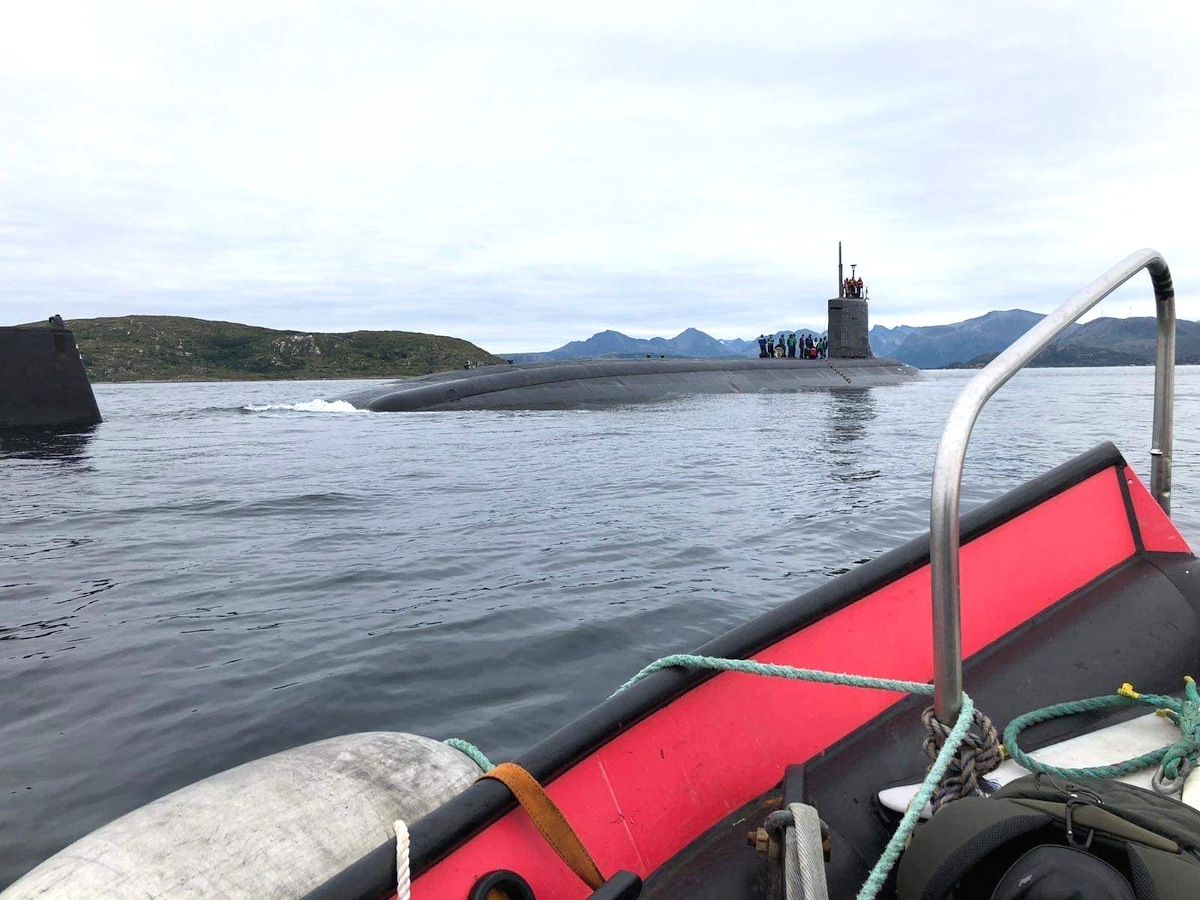
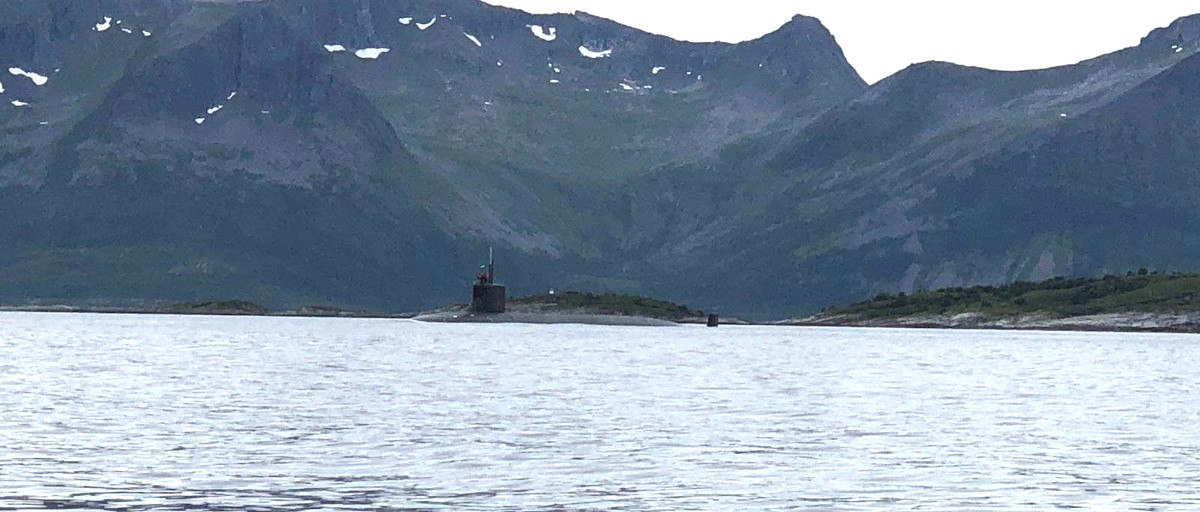
“These submarines are exceptionally quiet, fast, well-armed, and equipped with advanced sensors,” the Navy wrote in its official news story on the Seawolf’s stop in Norway. “Though this class of submarines lacks vertical launch systems, it is armed with eight torpedo tubes and can hold up to 50 weapons in its torpedo room.”
Seawolf, as well as her sisters, USS Connecticut and USS Jimmy Carter, were originally conceived primarily as advanced nuclear-powered attack submarines. However, ballooning costs together with drawdowns across the U.S. military following the end of the Cold War led the Navy to abandon plans to acquire a full fleet of 29 of these boats, with production ultimately ending after just these three examples were built. As a result, the boats have since taken on developmental and special mission roles.
While submarines, in general, are inherently very capable intelligence-gathering platforms, to begin with, the Seawolfs are understood to have significant extra modifications enabling them to carry out more specialized tasks within this mission set. It is publicly known that Jimmy Carter features a unique 100-foot long extension called the Multi-Mission Platform (MMP), which you can read about in more detail in this previous War Zone piece, and it is an open secret of sorts that it is primarily focused on espionage missions, such as inspecting, manipulating, and even recovering objects of interest sitting deep on the ocean floor.
The Seawolfs, designed originally as purpose-built hunters, are also especially well known for their ability to cruise quietly under the thick ice in the Arctic for extended periods of time, making them ideal for patrolling and otherwise monitoring naval activity there. This region has historically been an ideal place for submarines from various countries to operate discreetly. The Navy’s newer Virginia class boats are also defined as attack submarines, but are very much multi-purpose types that are not as well acclimated to operations in icy waters.
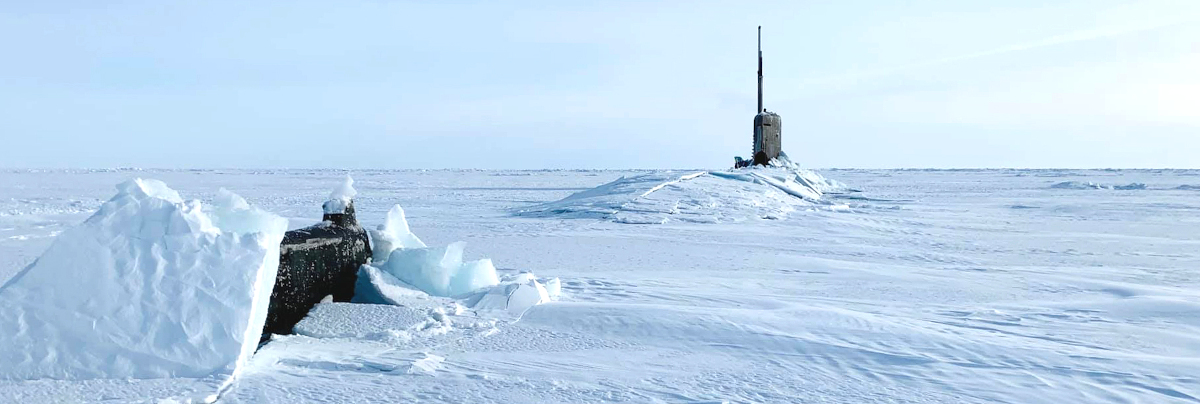
As such, that Seawolf is operating off northern Norway is not surprising. As the Barents Observer reported, Tromsø, is in far-northern part of that country near where the Norwegian Sea meets the Barents Sea. The area between Norway’s coastline in that general area and the country’s Bear Island in the Barents Sea much further to the north is known as the Bear Gap and is a common route for Russian submarines heading to and from their bases in northwestern Russia.
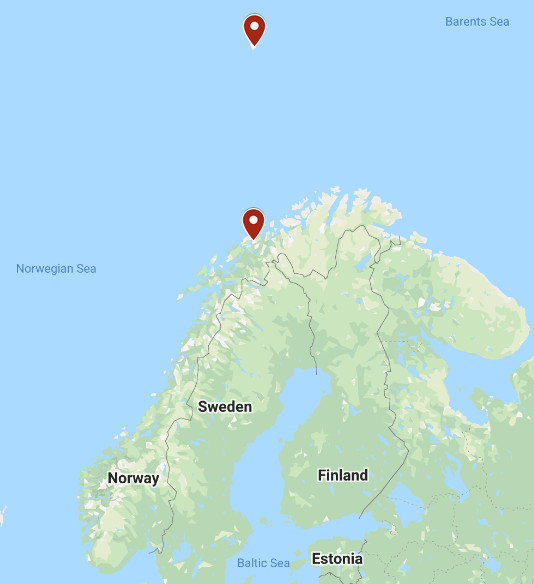
By every indication, the Navy’s very unusual announcement of Seawolf’s presence in this area is meant to communicate a message to the Kremlin, but it is not entirely clear what is going on now specifically that might such a signal. The American submarine’s deployment to the region does follow years of U.S. military officials, as well as those from NATO, warning about significant increases in Russian submarine activity in the North Atlantic Ocean and adjacent bodies of water.
It would make good sense then that Seawolf is there to provide is more specialized capabilities to help track those goings and comings. This could be especially valuable for monitoring Russia’s newer nuclear submarines, such as its Project 955 Borei class ballistic missile boats and its Project 885 Yasen class guided-missile types.
In addition, The Russian Navy’s Northern Fleet formally received the first of the improved Project 955A Borei-A subclass, the Knyaz Vladimir, in June and also operates the only Yasen class submarine, the Severodvinsk, presently in service. Both of these types are reportedly very quiet and difficult to detect and track. These developments, among others, have prompted the U.S. Navy to begin looking at developing a new Seawolf-like advanced attack submarine.
At the same time, Seawolf‘s surfacing in Norway also came a day before six nuclear-capable B-52H Stratofortress bombers touched down in the United Kingdom for a short-term deployment that also looked to be a signal aimed squarely at Moscow. Those bombers subsequently trained with Royal Norwegian Air Force fighter jets.
Whatever Seawolf is or isn’t doing in the region right now, or how long it has been there already, it is very clear that the Navy wanted to make sure everyone, including the Kremlin, knows that the boat and its advanced capabilities are out there sailing silently under the waves.
Contact the author: joe@thedrive.com
